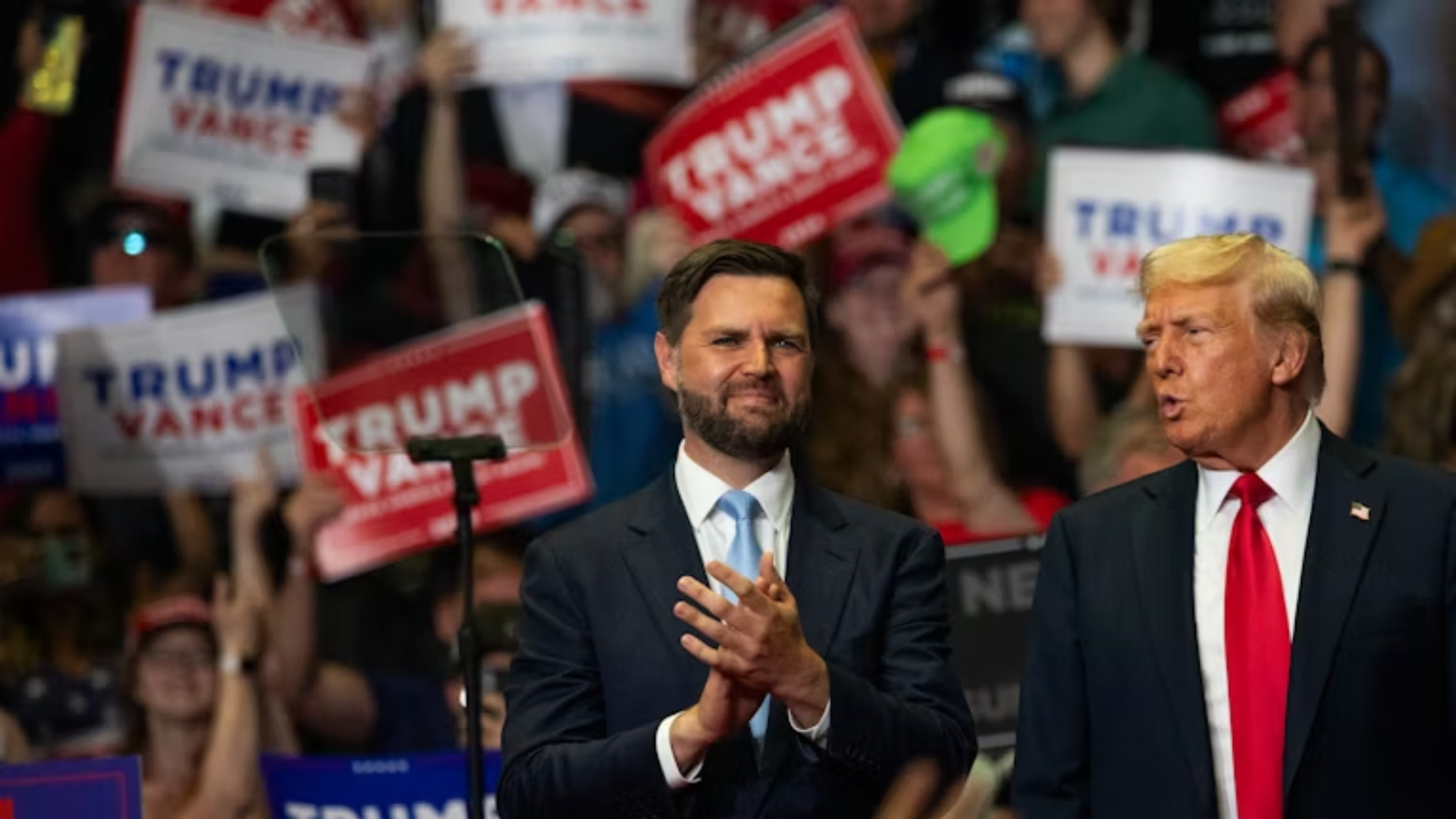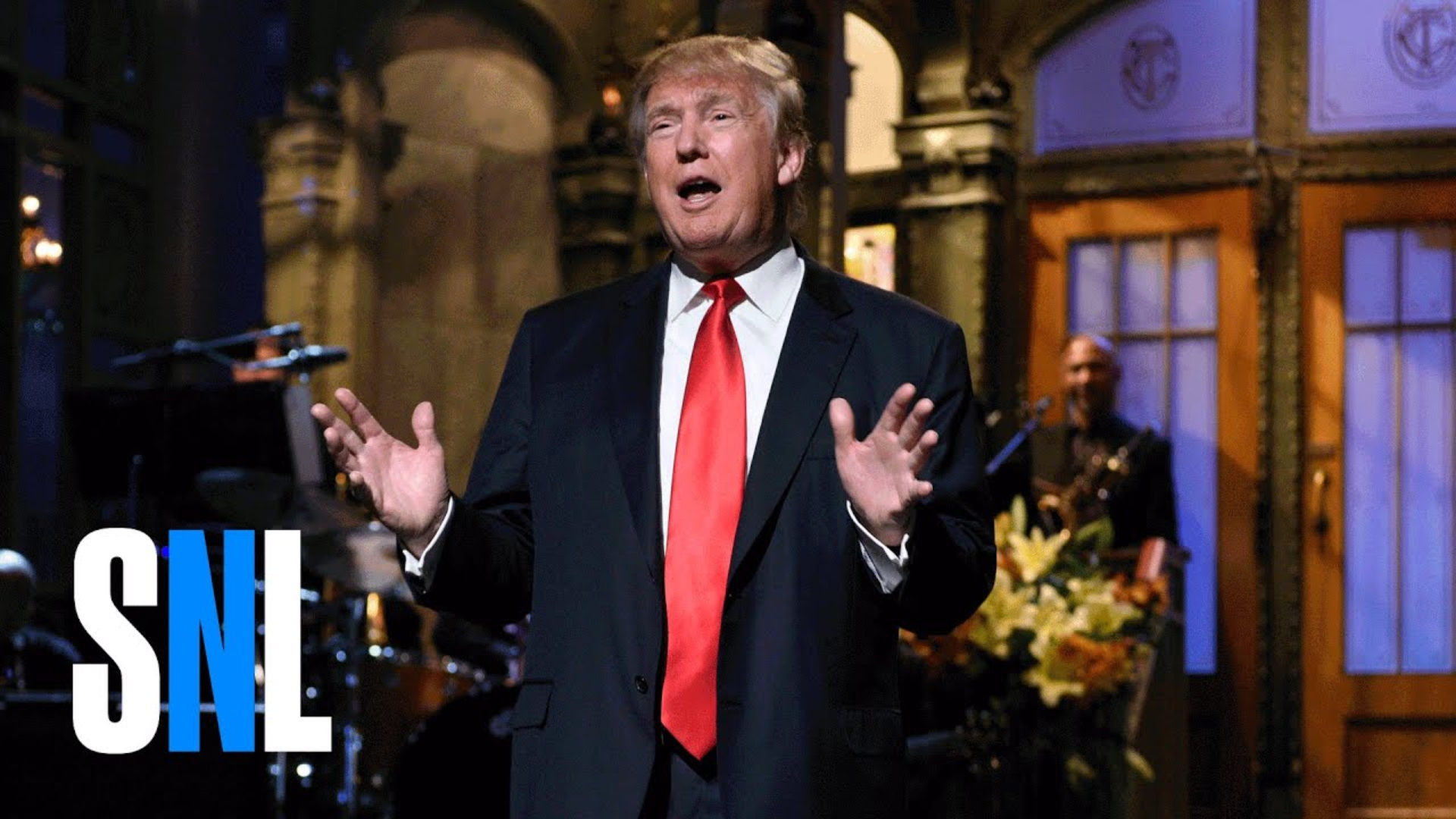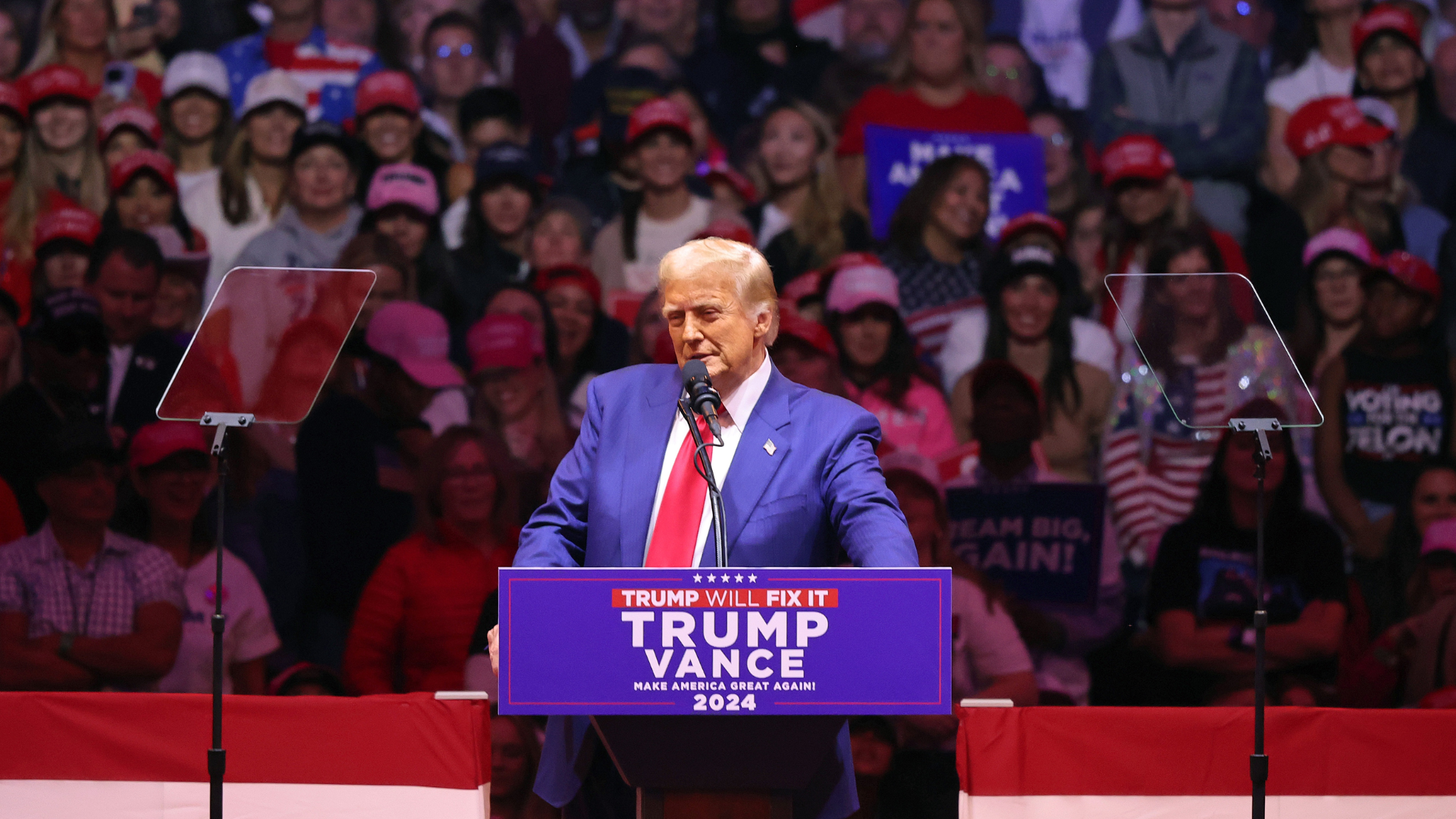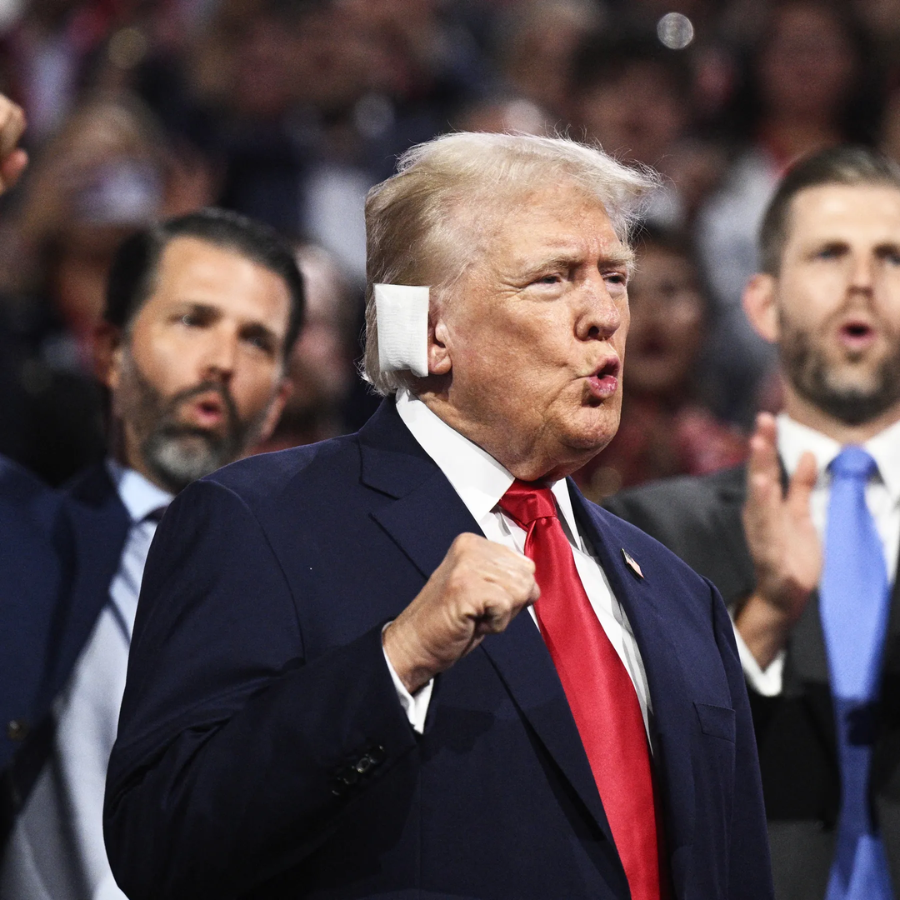
As Donald Trump embarks on his third campaign for the White House, his policy stance appears increasingly aligned with the interests of the nation’s wealthiest citizens. A stark departure from his 2016 campaign promises, this run presents policies that some analysts believe could endanger programs crucial to many low- and middle-income Americans, particularly Social Security.
Shifting Views on Social Security
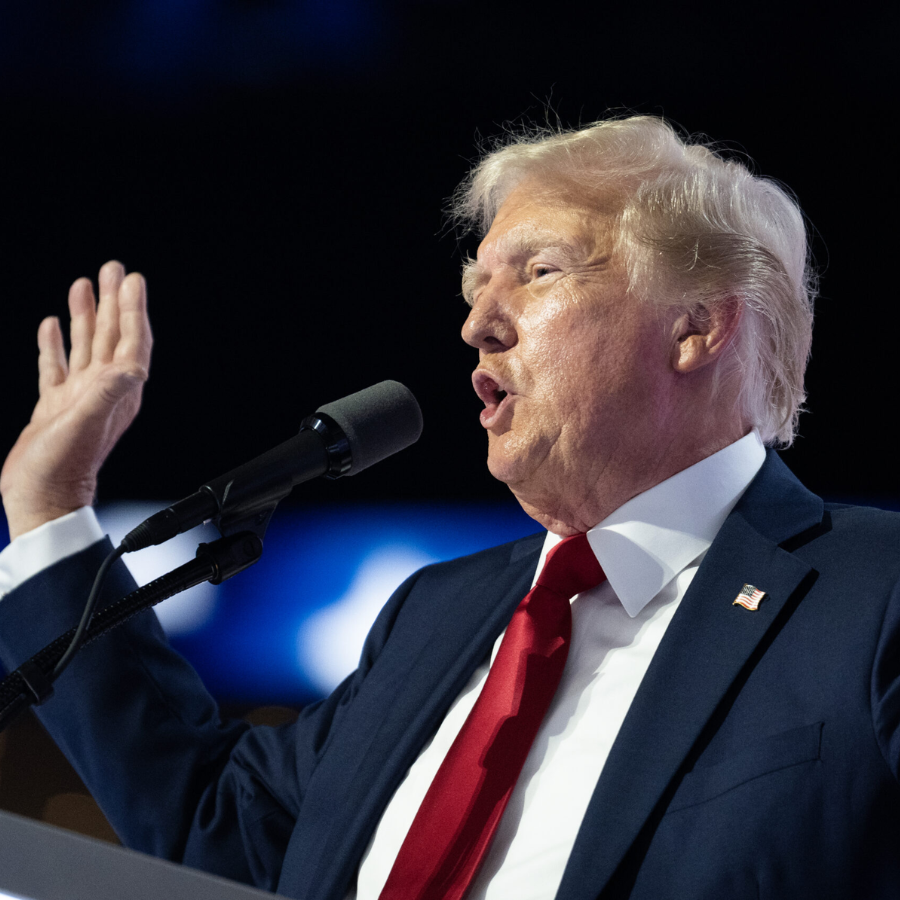
In Trump’s first campaign, he took a surprising stance for a Republican candidate by pledging to “do everything in my power not to touch Social Security.” His words resonated with Americans who depend on Social Security, but his actions in office suggested a different approach.
Throughout his presidency, each of Trump’s proposed budgets included cuts to Social Security, a program relied upon by millions of elderly and low-income Americans.
In recent statements, Trump has emphasized his willingness to make changes to “entitlements,” the broad term often used for Social Security and other government programs. For example, during an interview with CNBC in March, he noted, “There is a lot you can do in terms of entitlements, in terms of cutting,” indicating a shift toward reforms that could reduce program funding.
Tax Policies Favoring the Wealthy
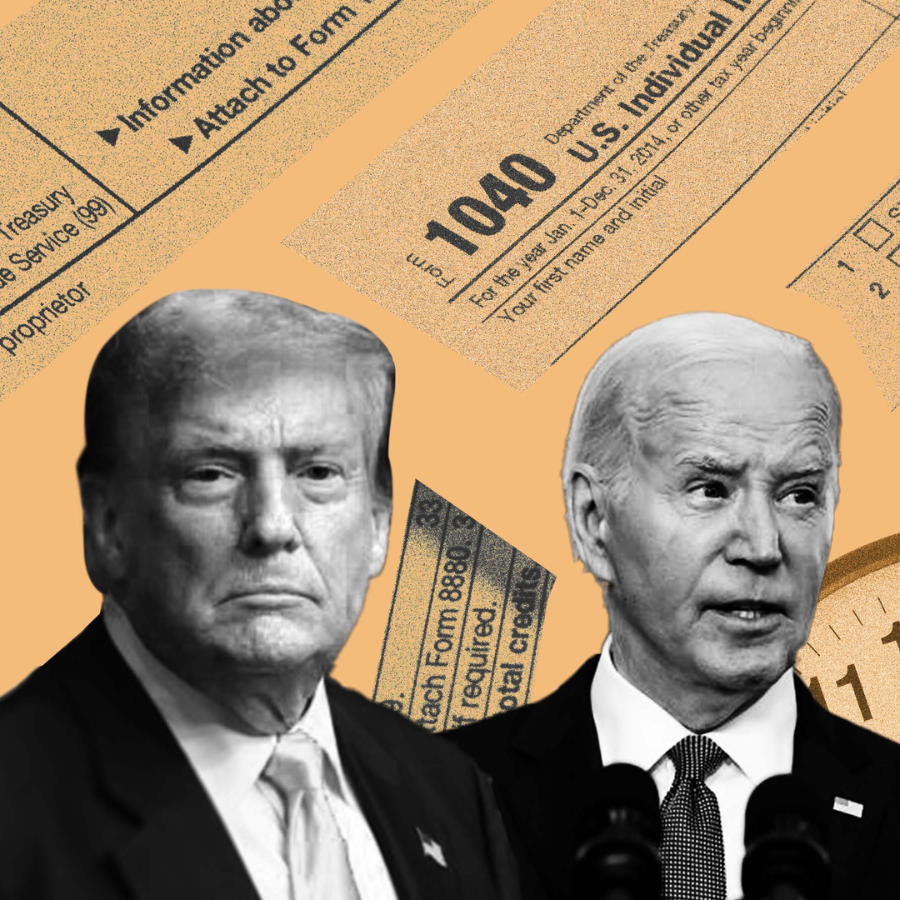
Trump’s economic platform has increasingly prioritized tax cuts that benefit high-income earners. The 2017 tax overhaul exemplified this trend, delivering substantial savings to the wealthiest Americans.
While middle-income taxpayers saw some benefits, these were relatively modest compared to the cuts enjoyed by the top 1%.
According to a report from the Institute on Taxation and Economic Policy, Trump’s current tax proposals would disproportionately favor the wealthiest 5% of households, which earn at least $360,000 annually.
The top 1% of households could receive an average annual tax cut of approximately $36,000. In contrast, the vast majority of Americans—about 95%—could see little to no benefit, or even an increase in taxes under certain scenarios.
Implications for Voters
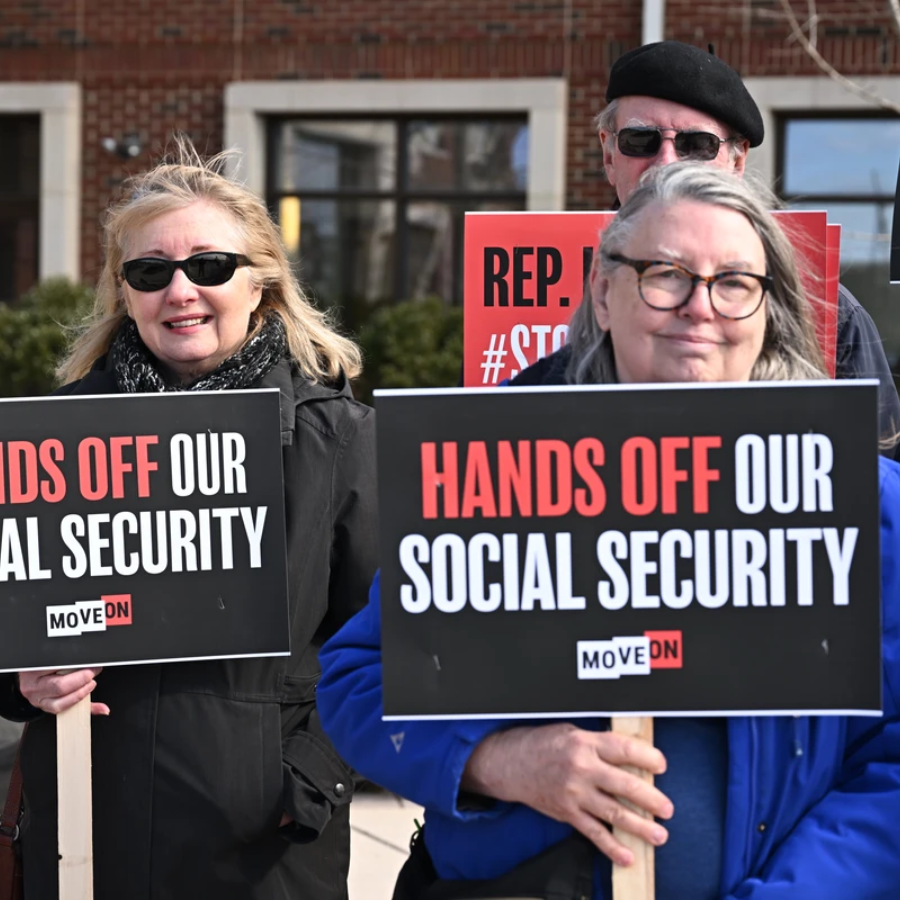
As voters weigh their priorities in the upcoming election, Trump’s stance on Social Security and tax cuts may prompt concerns among those who rely on these programs for financial stability. The outcome of this election could shape the future of these critical benefits and the direction of U.S. economic policy.
For many voters, the decision may rest on balancing concerns about economic security, government spending, and individual freedoms. Trump’s current policy direction emphasizes benefits for high-income earners and a willingness to consider cuts to entitlement programs, posing a critical question about the impact on middle- and lower-income Americans if he is re-elected.


